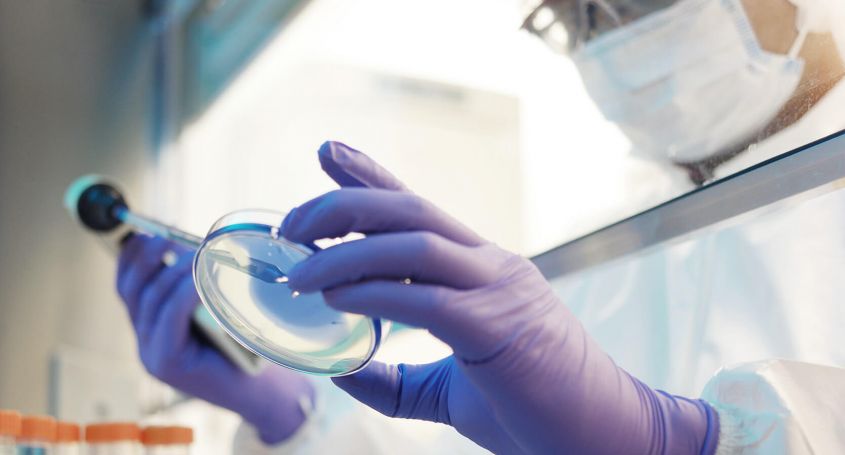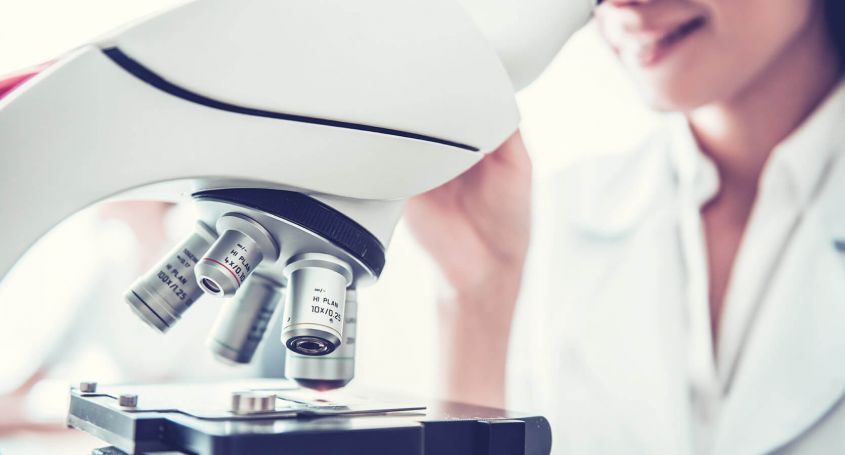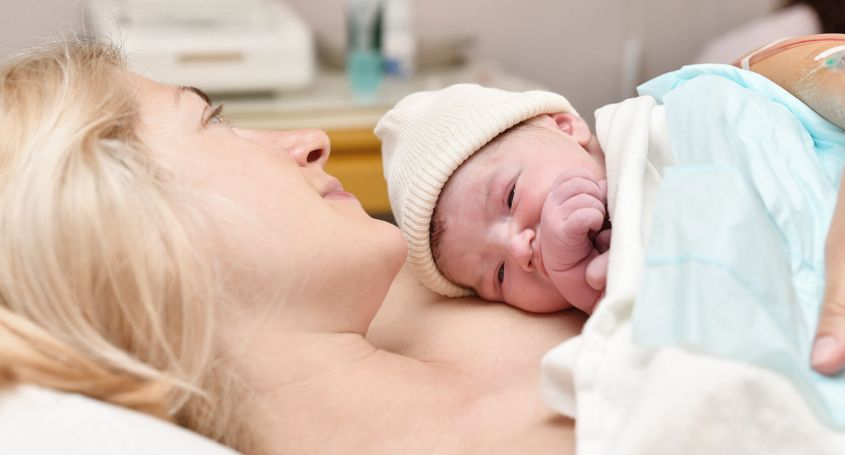There are several types of hereditary diseases that can be transmitted to children. Fortunately, there are now methods to avoid them. If you want to know what kind of diseases exist and how they are prevented, read on!
What diseases can I pass on to my children?
There are several types of hereditary diseases that can be transmitted, and they are usually divided into
- Chromosomal: associated with an alteration in an entire chromosome.
- Monogenic: an alteration in a single gene on a chromosome
- Polygenic: alteration in several genes.
As for the hereditary diseases themselves, the most common are (among others)
- Cystic Fibrosis
- Alpha and betathalassemia
- Fragile X syndrome
- Hemophilia A
- Spinal Muscular Atrophy
- Sickle cell anemia
- Neurofibromatosis type 1 (NF1)
- Huntington's disease
- Duchenne/Becker muscular dystrophy
- Marfan Syndrome
How can I prevent them?
Nowadays there is a diagnostic technique that allows us to detect genetic anomalies in the embryo before its transfer to the mother's womb called Pre-implantation Genetic Diagnosis (PGD). To do this, it is necessary to obtain some cells from the embryo in order to subsequently analyze its genetic material.
PGD is, therefore, the solution to avoid the transmission of hereditary diseases, as it will guarantee that the genetic disease suffered or carried by the parents will not be transmitted to their future children.















